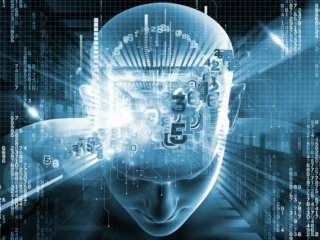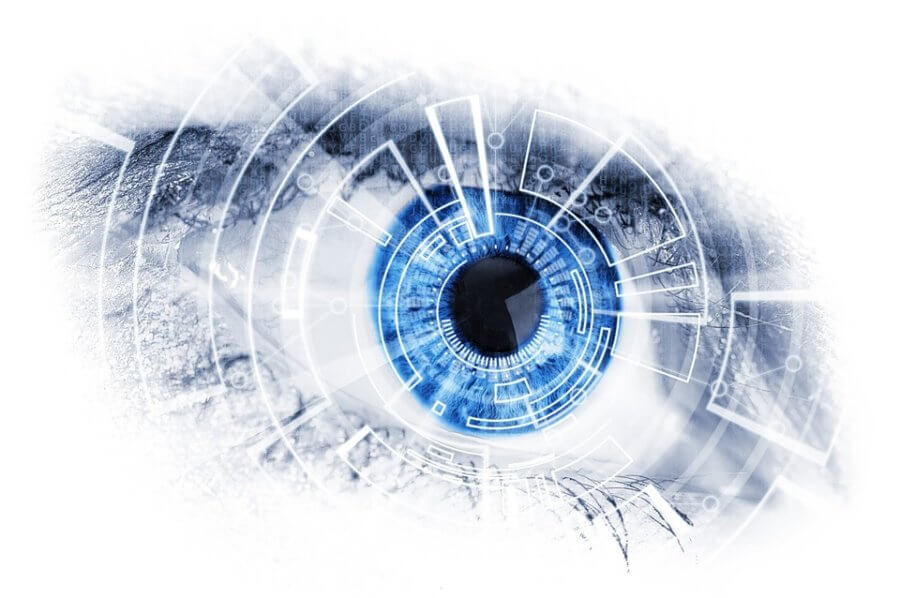How is AI transforming digital preventive healthcare?
Artificial Intelligence (AI): The latest player in digital preventive healthcare
So, there are no arguments in the application of AI in digital preventive healthcare (DPH) where digitally-collected health data are used for every aspect of the clinical decision-making process:
- Clinical diagnosis
- Prediction of prognosis
- Treatment
- Prevention of death or further complications
And there is no doubt that AI will catalyst a revolution in DPH system. The attributes AI employ in DPH include
- Rapid processing and analysis large data sets
- Reliable analyses
- Cost effective process
Machine learning prognostic models for AI
Currently, there are several machine-learning prognostic models that are employed in digital preventive healthcare (DPH) systems. Examples are the Sequential Organ Failure Assessment [SOFA] score, the Predisposition Insult Response, and Organ failure (PIRO) score, Mortality in ED Sepsis (MEDS) scores and the Acute Physiology and Chronic Health Evaluation [APACHE] score that are used to predict many prognostic parameters such as organ failure and mortality (Jones, Trzeciak, & Kline, 2009; Macdonald, Arendts, Fatovich, & Brown, 2014).
These models while still work with limited variables, require the human involvement to enter the scores. The integration of AL concepts to the prognosis models will be highly advantageous in terms of the amount and types of data being used for prediction, cost-effectiveness, increased accuracy, and reliability.
| Recommended for you | |
| Digitization of preventive health care | |
| Preventive healthcare is the solution and vision for the future | |
| Artificial Intelligence for beginners |
AI simulated clinical decision-making – “think like a doctor”

Image courtesy of The Medical Futurist
The clinical decision-making process is a time and labour consuming task carried out by doctors after analyzing the patient history, current status, and lab reports. Currently, with the big data-associated digital diagnosis technologies, the doctors are bombarded with large amounts of data that is critical for decision making, yet may not be feasible due to the large data content, complexity and time restrictions. This challenge has been addressed by the employment of simulated AI frameworks which are able to fast-track the clinical decision-making process.
In other words, AI represents an automated computer system that ‘think like a doctor’ (Bennett & Hauser, 2013). One such AI clinical framework was designed and tested by (Bennett & Hauser, 2013) which simulates potential environments, scenarios in advance and predict different possible treatment, payment, and health policy plans. Such AI-based clinical decision-making processes may fast-track the efficiency and cost-effectiveness of the DPH system.
AI in personalized disease diagnosis using medical imaging data
With the employment of digital imaging and diagnostic tools, diagnostic departments provide large amounts of data to the doctors.
Combination of AI with machine learning in digital diagnostic imaging has been shown to provide simulated image interpretation, compare the data with big data sets available through in silico analysis and finally provide real-time differential diagnoses, treatment suggestions and further recommendations for coordinated care (Dilsizian & Siegel, 2014).
For the last few years, there have been some amazing advances made in digital diagnostic radiology using AI and machine learning approaches. Similar to the (Dilsizian & Siegel, 2014)’s AI framework, some studies have shown the integration of AI and machine learning to improve and analyze digital radiological data to provide evidence-based diagnosis and enhance the clinical decision-making process (Kahn Jr, 2017).
Will AI replace doctors and other healthcare professionals?
The advantages of AI-based simulated decision-making frameworks in a clinical setting are endless. However, if computers can do what doctors, radiologists, and image interpreters or analysts do, why does the DPH system need them? Will there be “machine radiologists” and “computerized doctors”? This is a question that is being circulated among healthcare professionals (Lakhani et al., 2017). Are they going to lose their jobs?
Commenting on this question, Rech and Bryan’s recent review mentions that “machine learning/artificial intelligence, will be a boon to radiologists by increasing their value, efficiency, accuracy, and personal satisfaction” (Recht & Bryan, 2017).
Even though there may be such possibilities; it is our hope that AI will be used in DPH for the better.
Image credits:

















